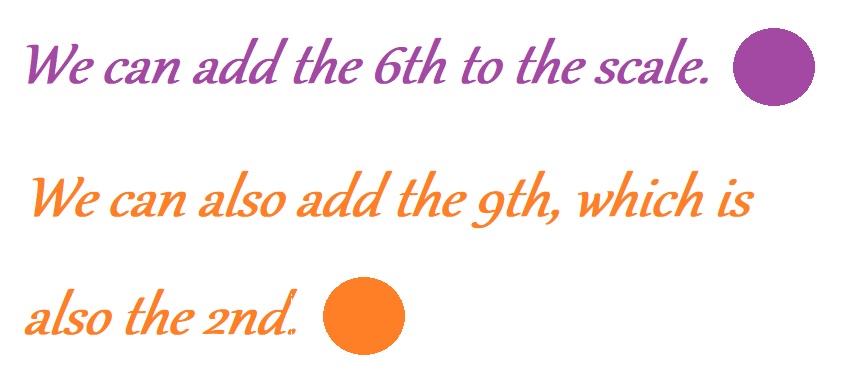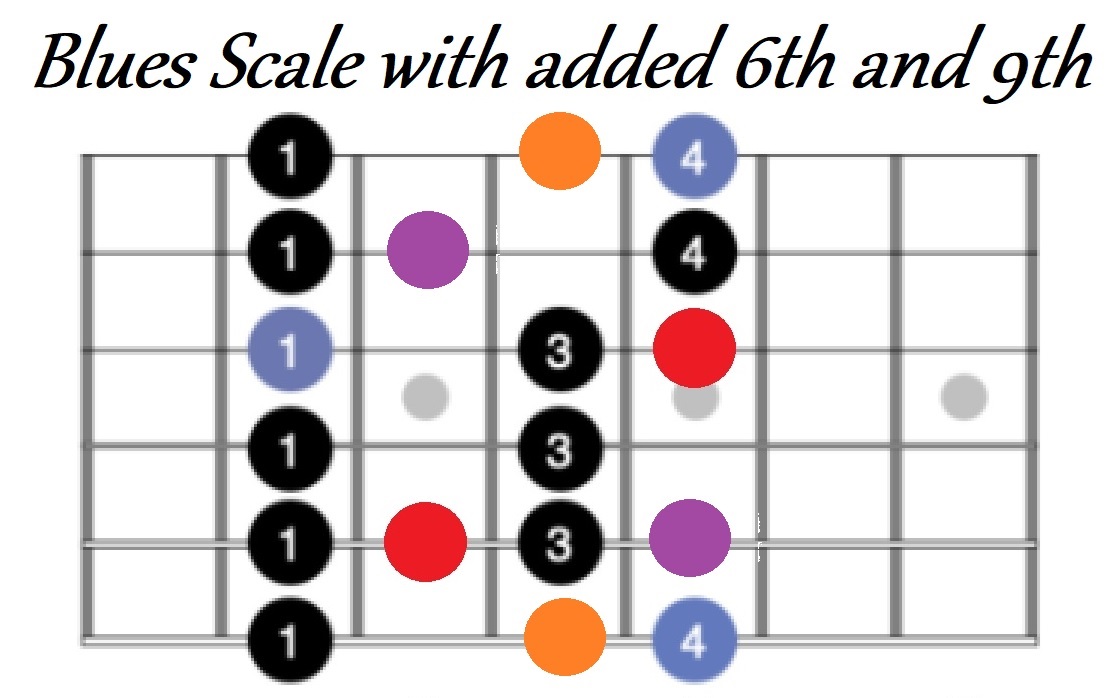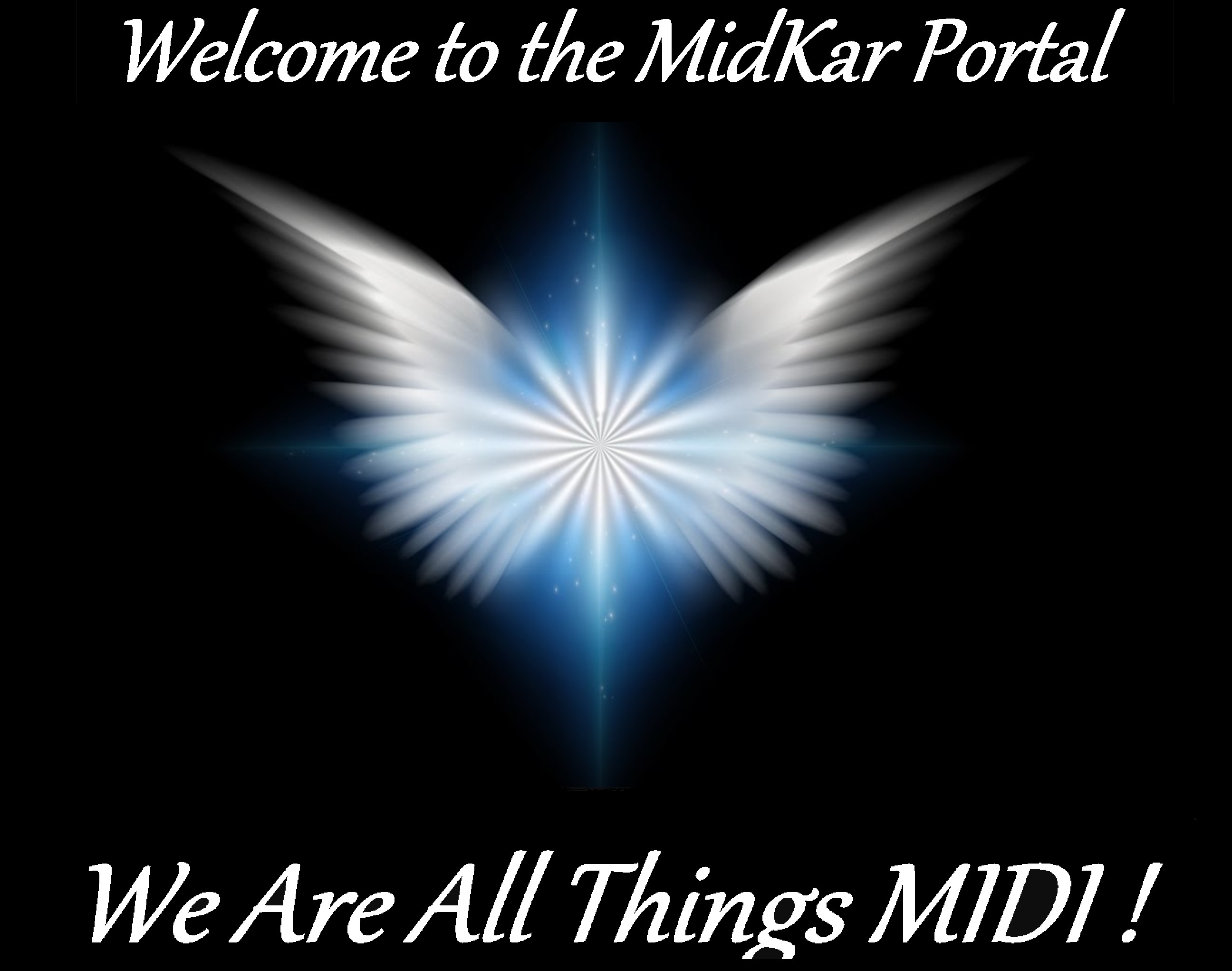You can apply this part to ANY scale you use. I’m going to reveal a bit of a secret
ALL the pros you love use, but never talk about! I’m going to prove to you that you
can play just about ANY note when playing a solo, and it will fit, almost 100% of
the time! (Legal disclaimer: Kinda Sorta! LOL)
But the truth be told, you’re never more than one fret of a correct note. Most notes
are going to fit in your solo. And when you do hit a wrong note, you’re never more
than one note, either way, of a correct note! Keep reading to find out how you’ll
never hit a “wrong” note again!
This is gonna be cool! I’m gonna show you some things the pros do a LOT!. We’re
going to add just one note to the pentatonic scale you already know, and it’s
going to be a bit of a game changer for you. Especially if you’re bored using the
same ol’ same ol’ scale for your solos. (And that’s only the first part!)
We’re going to add a tritone to your Pentatonic scale. Also called the flat 5 (b5).
Could be called a sharped 4th (#4). But commonly referred to as . . .
THE BLUE NOTE!
And it’s simple. It’s the note in between the other two notes on the A string.
We’ll stick with the Am Pentatonic for now. So 5th string, A string, you play frets
5 & 7, right? D & E. Fingers 1 & 3. So just add fret 6! That note is the tritone!
A tritone is the note exactly in the middle of an octave. Between C and the next
C above (or below) that C is F#. Exact center note. But it will sound weird! It’s
not actually a note IN the key of C. In Am, the tritone is D# (Eb).
You can find the tritone in any key, any position easily. Play a note. Then play
the note on the next string, one fret higher. Like play a note with the 1st finger,
then next string, play the note with your 2nd finger.
You’ll also be adding the note in the next octave. There is a Tritone Workshop on
my tutorials page. The 90 Day Guitar Challenge! After you work on this tutorial
until you pretty much have it down, I suggest doing the 90 Day Challenge. We apply
the tritone, blue note so it becomes part of your tools. Plus, the challenge will
dramatically improve your speed, articulation, and performances!
Did I just open a door for you! Yup!
This is called The Blues Scale for a reason! And it is very COMMON to add it in your
solos. You don’t use the tritone as a landing note! Just use it as a passing tone.
Play it as a chromaticism. (Play all 3 notes in a row)
OK, I know some of you are thinking . . . Wait, isn’t a C major scale the same as
an Am scale? Then where is the tritone for C? There’s no F# in this scale!
Correct. The scales are the same. But if we’re using the C as the point of reference,
we would say . . . A major Blues scale contains a flat 3rd (b3), or could be called
a #9. Same notes. Just relative to a different root.
So the C Major Blues scale contains a flat 3rd. Unlike the Am Blues scale that fits
over minor chords, and Major chords, the Major Blues scale really only fits well
over Major chords! Because of the flatted 3rd.
The main difference between the two scales (one scale, 2 references, Am vs. C) is . . .
the LANDING notes! The notes you use for accenting, and for dynamics, etc. If you’re
targeting mostly the A, C and E notes, you’re plating the Am, right? ACE = Am. On the
same token, if you focus/land on mostly the C, E and G notes, you’re framing the
C Major chord. CEG.
NOW FOR THE BIGGIE! Clapton has said this. (Word for word!) Santana said it. Jeff Beck
said it. And countless others will tell you the same thing I’m going to tell you right now!
Sometimes, to add flavor and originality, and/or to get a bit of a Jazzier and/or
Bluesier sound, I add the 9th to the pentatonic. And to get a bit of a Country sound,
or Country Rock sound, I will often add the 6th to The Pentatonic scale!
You might already know that Santana plays in Dorian a TON! Well, what I’m going to
show you below is basically how he gets his Dorian sound. There are a few “kinda
Sorta’s” in this tutorial. but the object here is to keep it simple.
And . . . you can do ALL of the above! Add the tritone, the 6th, AND the 9th!
It ALL WORKS!
~

~

~
Now, I want you to look VERY CLOSELY at this scale. ALL of these notes are available. And there
is no place where you are more than ONE FRET from a correct note! Are you able to bend a string
enough to get just one note higher? If so, even if you land on a wrong note, you just slide up ONE
FRET, or bend ONE NOTE, and it becomes a correct note!
You can play any note, and never be more than one fret, either way,
from a correct note!
Are you able to bend a string up just one note? Cool, then bend a wrong note up a
little, and it’ll be a correct note! You might not be able to hold it for a long time.
It might not be quite THAT correct! LOL Like, it probably won’t be a “landing” note.
But you will “save the solo” by making the simple correction. Bend the note up one,
or slide up one. Or slide down one!
And another cool trick to hide the mistake . . . repeat it again! Do the same
“mistake and correction” twice, and it’ll now be on purpose!
Over all, it’s not really that hard. BUT it IS at the same time. I get that. But
you know what? If it was easy, it wouldn’t be so special! EVERYBODY could do it.
KEEP THIS IN MIND . . . Over 90% of the people who start learning to play guitar
QUIT in 30 days! THIRTY DAYS! Because it’s not easy. And they don’t have what it
takes to DO IT! BUT YOU DO!
Over 90% of the remaining people who stuck it out for 30 days QUIT in less than
90 days! NINETY DAYS! Because it’s not easy. And they don’t have what it takes
to DO IT! BUT YOU DO!
So let’s say 100 people started playing guitar today. Within 30days, 90 of them
already quit! So you now have only 10 people learning. Within 90 days, 9 of the
10 will have also quit! There will be only ONE left!
Be That ONE!
I hope I become a small part of how you become a successful guitar player.
Wayne
Back to the Tutorials Index Page
Hope you found this interesting. If you did, please feel welcome
to drop me a line. Email me, or drop me a PM on Facebook!
Email me any time! ~/~
Wayne on Facebook
My Band Website
Check out my Backing Track Support Group
The MidKar Group
My main Backing Tracks Support Website with over 30,000
free bacing tracks! SoundFont, MIDI editors and players and
more! All FREELY distributed!

Visit my MidKar websie!
|



